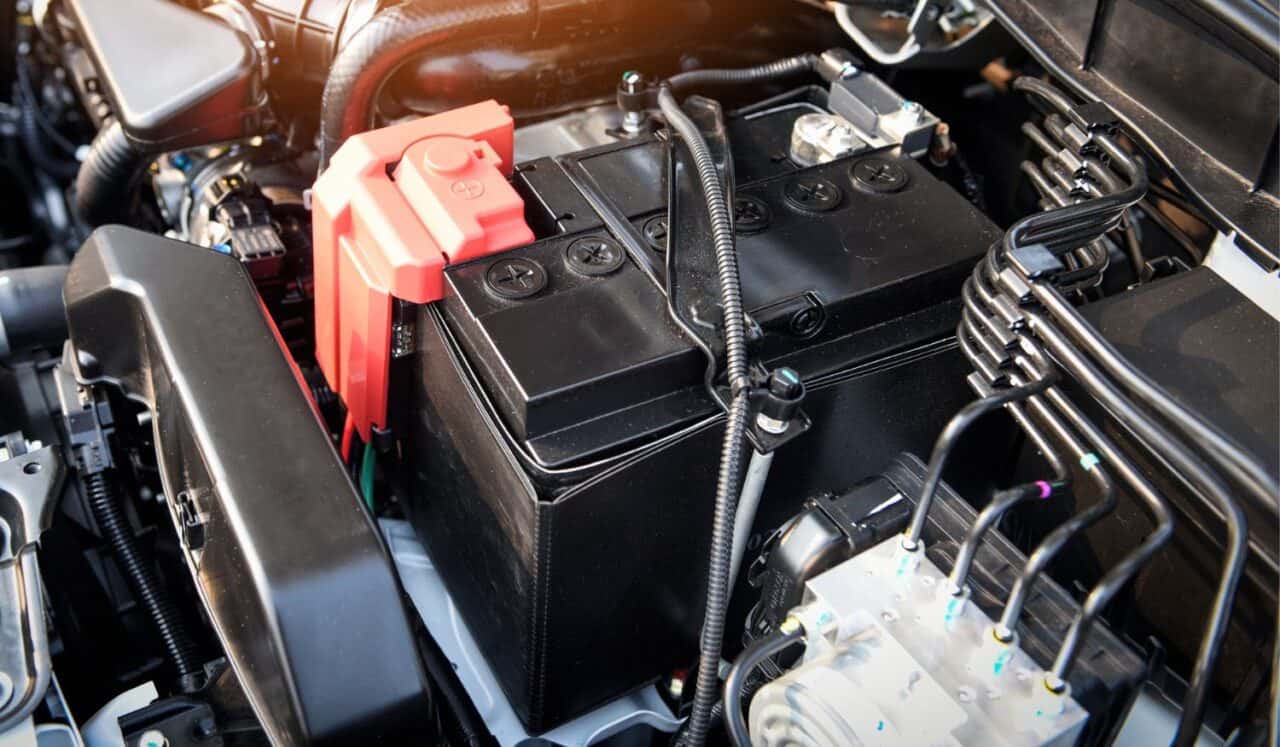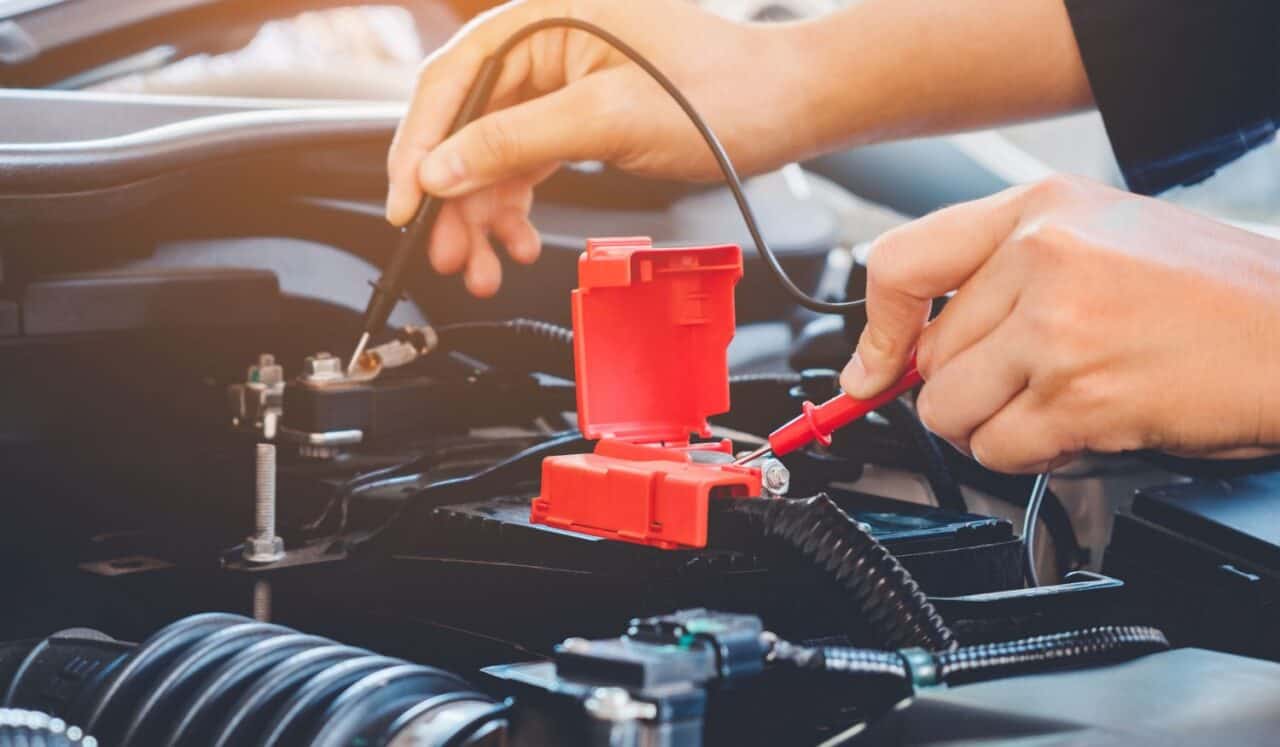Does Your Car Battery Affect The Performance Of Your AC?
It goes without saying that a car’s air conditioning is a crucial part of the driving experience. But the performance of your AC system is affected by more than just the weather outside. So, does your car battery affect the performance of your AC?
A bad battery can have a negative impact on the air conditioning in your car. It may not be able to provide the voltage or current needed to start the AC, leading to decreased performance and potential malfunctions. You’ll have to thoroughly examine the battery to determine if it needs replacing.
For your car’s AC and other electrical components to run smoothly, you must have a battery with good health and proper specification. It also contributes to longevity and equipment functionality in the long run. Let’s look at how to identify battery-related AC issues and how to tell if you need a battery replacement.
Do Car Batteries Impact AC Performance?

Yes, car batteries can adversely affect the performance of your AC. If your car battery is bad, your AC may function poorly or not at all.
Car batteries require sufficient voltage to trigger the AC compressor, and while this voltage may be enough to power the rest of your car, it may still be inadequate to power the AC.
How to Identify Battery-Related AC Problems
You can spot battery-related AC problems by doing the following:
Inspect the Battery
Carefully examining your battery can help you determine if it’s faulty. You can inspect it for broken or damaged terminals, swelling, bumps on the casing, leakage, or discoloration.
If the terminals are damaged or loose, a short circuit may occur. Burning or melting are telltale signs of a short. When a battery short circuits, it discharges all of its energy rapidly. This generates a lot of heat which can cause the battery to explode.
If you notice that your battery’s casing has bulged, it’s most likely due to overcharging. On the other hand, physical damage to the case, such as holes, cracks, or splits, are indications of mishandling. While these issues don’t usually render the battery unusable, they make it dangerous.
You can also check the battery’s water level during the inspection. Regularly monitoring the water level in wet-cell batteries prevents damage from occurring. If the water level is low, add pure water to fix the issue.
Additionally, ensure that the battery’s cells aren’t exposed to air for a long time, as it can be catastrophic. The paste that coats the lead plates may dry out and form a barrier, preventing the chemical-to-electrical conversion from taking place within the battery. This can lead to sulfation of the battery, which is a major cause of premature battery failure.
Test the Voltage Regulator

Testing the car’s voltage regulator is essential in ensuring the car’s battery is functioning properly and providing the correct voltage to the AC system.
To test the voltage regulator, you’ll need a multimeter (on Amazon). Set the multimeter to read DC Voltage and connect the probes to the battery. The recommended multimeter reading is around 14.4 volts. The voltage regulator could be faulty if the voltage is too high or too low.
The voltage shouldn’t exceed 15 volts or drop below 13 volts. If the multimeter reading is outside of this range, then you may need to replace the voltage regulator.
Check the Alternator
The alternator’s job is to keep the battery charged. If it’s faulty, it can cause AC problems in the car. You can test the alternator using a multimeter to measure the output voltage across the battery terminals.
The reading should be between 13.2 and 14.4 volts. Anything outside this range means that you may need to replace the alternator.
Check the Fuses and Wiring
A blown fuse or loose wires can also cause AC problems in the car. Check each fuse and confirm that they’re all intact. As for the wiring, look for any frayed wires or loose connections.
How to Tell If You Need a Battery Replacement
Your car’s battery is essential, so you want to make sure its in tip top shape.
Here are a few common signs that you need to replace your car battery:
Difficulty Starting the Engine
The battery supplies the power needed to turn the starter motor, which starts the engine. When the battery has difficulty starting the engine or takes a while, it’s an indication that you need to replace it.
Moreover, if you have to press the accelerator pedal when trying to start the engine, that’s an extra sign that it’s time to get a new battery.
Dim Headlights
Dim headlights usually indicate that you need to replace the battery as it no longer produces enough energy to power the car’s electrical parts.
Foul Smell in the Bonnet
If you smell a rotten egg odor when you open the bonnet, it’s likely that the acid is leaking, and you need to replace it ASAP. The weird smell is due to the leaking battery acid releasing hydrogen sulfide gas.
